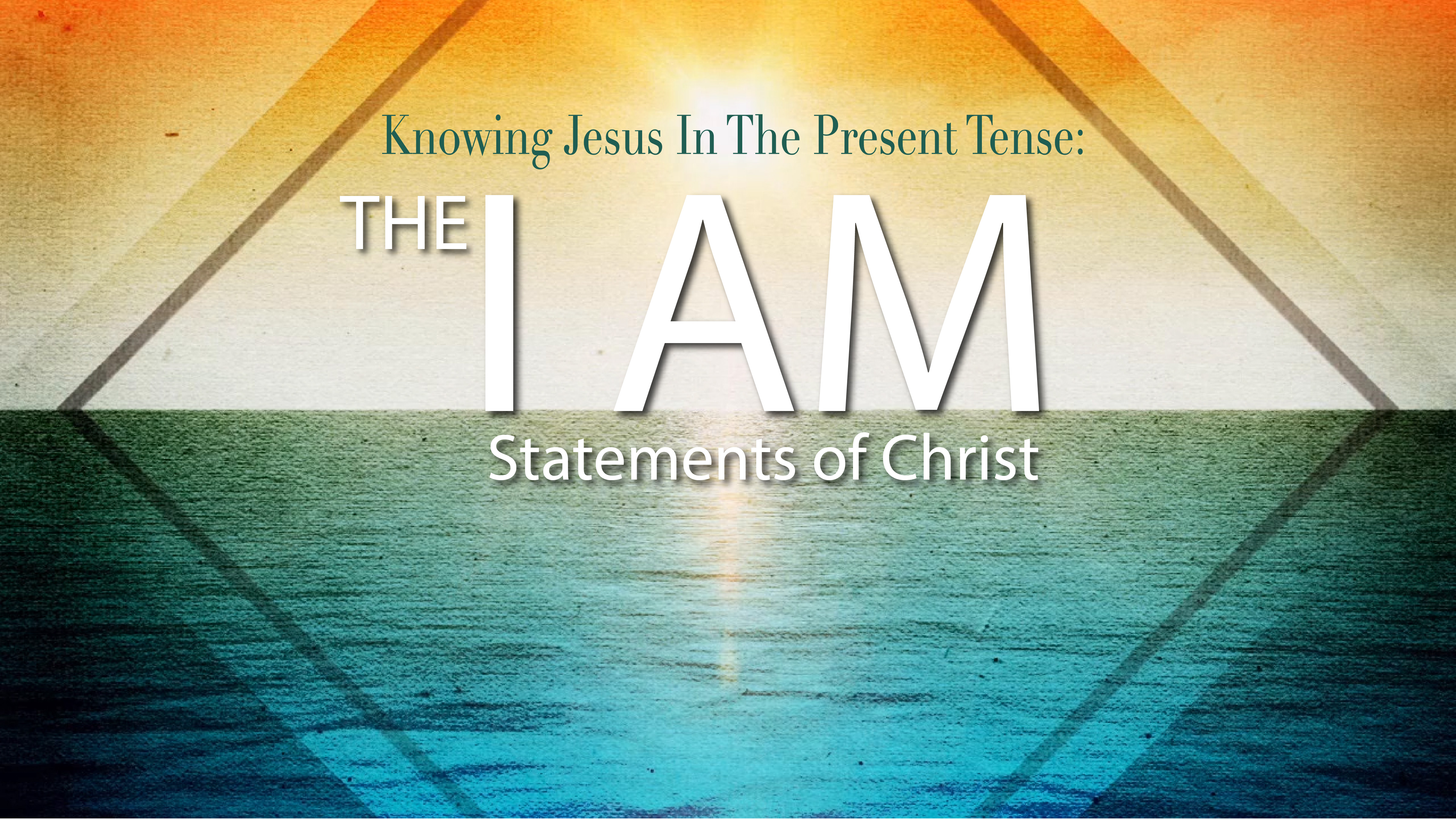

Therefore, to be "under the law" means to be "under the condemnation of the law." Paul personifies the law as the instrument that points the finger of condemnation at each of us: "I was alive once without the law, but when the commandment came, sin revived and I died" ( Romans 7:9). Once the knowledge of the law comes, there is no excuse, and the law condemns all who break it to eternal death. " Sin is the transgression of the law" ( I John 3:4, KJV), and every human being who has ever lived-except Jesus Christ-has sinned ( Romans 3:23). Thus, it is very important that we have a clear understanding of whether or not Jesus Christ was indeed born "under the law."įirst of all, what does it mean to be "under the law"? The apostle Paul says that we are "not under law but under grace" ( Romans 6:14). Indeed, the essence of true Christianity is living the life of Christ over again in our flesh and conforming to His perfect example in all things. However, Jesus Christ said that His disciples follow Him: "My sheep hear My voice, and I know them, and they follow Me" ( John 10:27). If this is so, we do not have to "go all the way" in following Christ's example or "walk as He walked" ( I John 2:6). After all, if Christ had to keep these ordinances and we do not, then maybe there are a lot of other things we do not have to do that Christ did. The teaching that Jesus Christ was born "under the law" and had to keep these physical oblations subtly implies that we do not have to follow Christ in all respects. The New Testament states that Christians are not required to offer physical sacrifices or practice the various rituals that were obligatory under the Old Testament dispensation ( Hebrews 9:9-10 10:18 I Corinthians 7:19). Indeed, this false teaching is a cornerstone upon which many types of heresy have been built.

These regulations were designed to keep Israel in mind of the need for a Savior and to set them apart as a separate nation to protect them from the influence of Gentile nations ( Galatians 3:23-24).īut was Jesus Christ bound by these laws? Did He keep the Old Testament ritual law along with its ceremonies, washings and oblations? This question, which ostensibly appears to be heavily theological and of little practical importance, is vitally important for a Christian to understand. In the Old Testament, God commanded His people to adhere to an exhaustive set of rules governing the offering of sacrifices, various washings and ablutions and physical requirements such as circumcision. Some have taught that He was born "under the law." The crux of this teaching is that Jesus lived under Old Covenant rules and regulations and that He was bound to keep the "whole law" with all of its rituals and ceremonies.

One of these crafty arguments centers around the birth and early life of Jesus. Since the founding of the church of God, many subtle arguments have been advanced to convince people that they do not really have to walk in the footsteps of Jesus Christ in order to be a true Christian. Jesus said, "If they persecuted Me, they will also persecute you" ( John 15:20). It requires self-denial and leading a life quite different from those around us. However, to walk in the footsteps of Christ is not popular. We are to think like Him ( Philippians 2:5), imitate Him ( I Corinthians 11:1) and follow His example in every detail of our lives ( I John 2:6). In this regard Peter writes, "For to this you were called, because Christ also suffered for us, leaving us an example, that you should follow His steps" ( I Peter 2:21). The life of Jesus Christ was a perfect example for us to follow in all respects. I have been crucified with Christ it is no longer I who live, but Christ lives in me and the life I now live in the flesh I live by faith in the Son of God, who loved me and gave Himself for me. One of the central themes of the New Testament is that a Christian is a follower, a disciple, of Jesus Christ, who lives His life over again in our flesh by the indwelling of the Holy Spirit. Was our Savior bound by the Old Testament law of rituals and sacrifices when He lived on earth? If not, why not? Does it really matter?


 0 kommentar(er)
0 kommentar(er)
